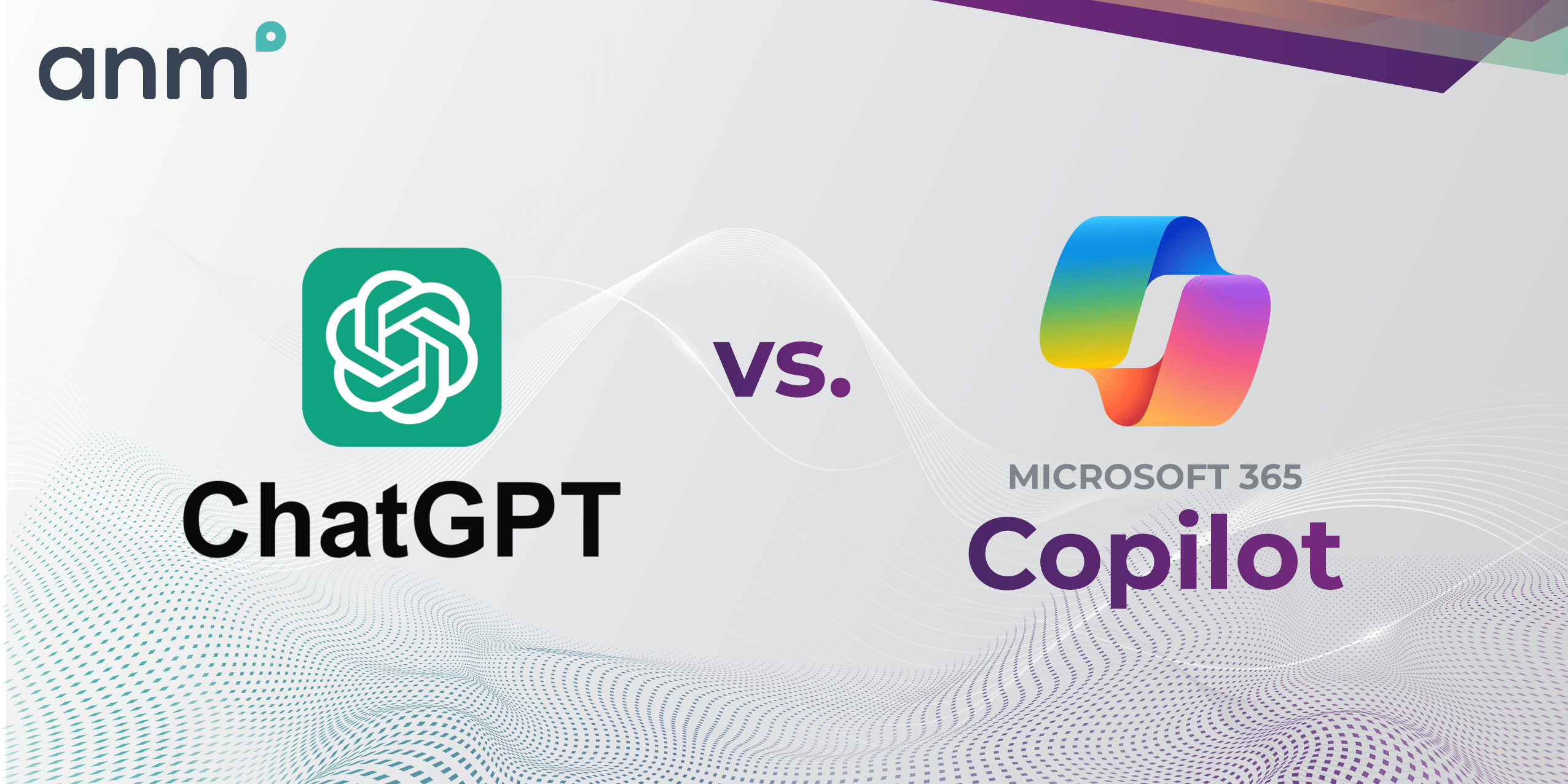OpenAI executive claims today's ChatGPT will seem "laughably bad ..."
A top OpenAI executive recently indicated that ChatGPT is expected to show better performance and accuracy within a year, hinting at the anticipated GPT-5. The executive also mentioned that the model will be capable of handling more intricate tasks and will function as a valuable assistant, aiding users in tackling various challenges. OpenAI is set to release its GPT-5 model later this year during the fall.

ChatGPT's Superiority
ChatGPT has been recognized as one of the leading AI-powered chatbots, surpassing even Microsoft Copilot according to a report by Appfigures. Despite both being based on the same technology, Microsoft Copilot and ChatGPT, with the former offering free access to OpenAI's GPT-4 model and DALL-E image generation technology. The chatbot has accomplished remarkable feats, from developing software to solving complex mathematical equations and puzzles.
The Road Ahead for ChatGPT
Looking forward, there are expectations for significant advancements in ChatGPT. According to a report by Business Insider, a senior OpenAI executive envisions a future where generative AI-powered chatbots like ChatGPT will unlock their full potential.

Anticipating GPT-5
During the 27th annual Milken Institute Global Conference, OpenAI COO Brad Lightcap projected a significant leap in AI capabilities. He stated, "In the next couple of 12 months, I think the systems that we use today will be laughably bad. We think we're going to move toward a world where they're much more capable."
Lightcap emphasized that AI tools will be able to handle more complex tasks than ever before, serving as invaluable teammates in problem-solving scenarios. Speculations suggest that OpenAI is gearing up to launch its GPT-5 model later this year, expected to bring substantial improvements over its predecessors.
Future Developments in AI
Sam Altman, OpenAI CEO, acknowledged the shortcomings of GPT-4, emphasizing the importance of continuous improvement through iterative deployment. Despite the significant investments made in ChatGPT, Altman remains focused on enhancing the model's performance and accuracy for users.

Altman also highlighted the cloud-based nature of the future AI revolution, stating that while no new hardware may be necessary, advancements in hardware and software could lead to more sophisticated AI tools in the future.
Conclusion
As the AI landscape continues to evolve, the promises of enhanced chatbot capabilities and AI advancements bring a sense of optimism for the future of technology and innovation. With OpenAI at the forefront of these developments, the potential for groundbreaking AI solutions remains high.










